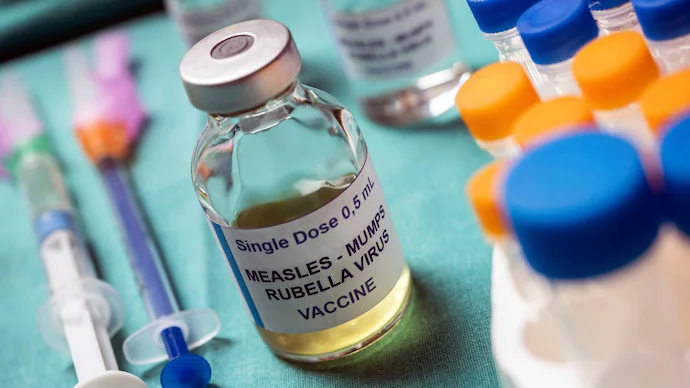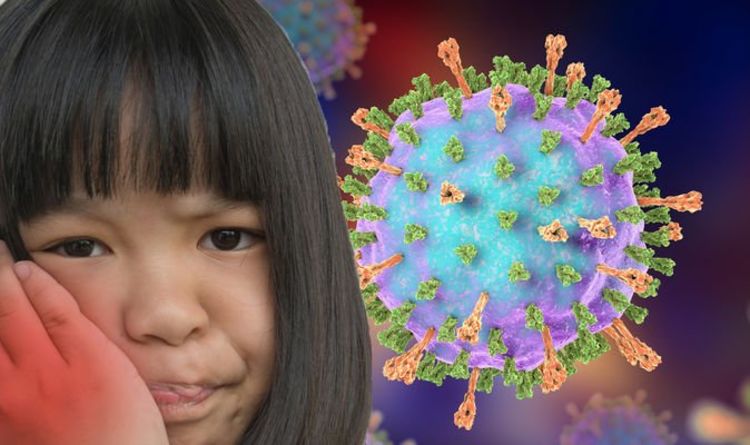The resurgence of mumps in India, particularly in Delhi and the neighboring National Capital Region (NCR), has raised significant concerns among health authorities. In recent weeks, there has been a notable increase in reported cases of mumps, primarily affecting children and young adults aged 18 to 25. Dr. Kiran Agarwal, the chairperson of the Indian Academy of Pediatrics in Delhi, has characterized this surge as an “outbreak,” shedding light on the urgency of addressing this public health issue.

What Exactly is Mumps?
Mumps is a contagious viral infection caused by the mumps virus. It primarily targets the salivary glands, leading to their inflammation and swelling. The virus spreads through respiratory droplets expelled during coughing, sneezing, or even talking. This mode of transmission makes crowded environments, such as schools and workplaces, particularly susceptible to outbreaks.
Recognizing the Symptoms of Mumps
The hallmark symptom of mumps is the swelling of the salivary glands, resulting in puffy cheeks and a tender, swollen jaw. This condition, known as parotitis, is easily identifiable and serves as a key indicator for diagnosis. In addition to parotitis, individuals with mumps may experience fever, headache, muscle aches, fatigue, and loss of appetite. These symptoms typically manifest around 16 to 18 days after infection, with an incubation period ranging from 12 to 25 days.
While some individuals may exhibit mild symptoms resembling a common cold, others may develop more severe complications, highlighting the importance of early detection and intervention.
Taking Precautionary Measures
Preventing the spread of mumps requires a multi-faceted approach, with emphasis on personal hygiene and vaccination. Given that individuals are most contagious in the days leading up to symptom onset and shortly thereafter, implementing preventive measures is crucial.
Regular handwashing with soap, especially after coughing or sneezing, can significantly reduce the risk of transmission. Additionally, using tissues to cover the nose and mouth when sneezing or coughing, and promptly disposing of them, helps prevent the spread of infected droplets.
Furthermore, individuals diagnosed with mumps should refrain from attending school or work for at least five days after the onset of symptoms to minimize the risk of transmission to others.
The Role of Vaccination in Mumps Prevention
Vaccination remains the most effective strategy for preventing mumps outbreaks and reducing the severity of the disease. Dr. Kiran Agarwal strongly advocates for the administration of the combined MMR (measles, mumps, and rubella) vaccine as a preventive measure against mumps.
Children are typically recommended to receive the first dose of the MMR vaccine around 12 to 13 months of age, followed by a booster dose at 3 years and 4 months. After completing both doses, the vaccine offers approximately 88% protection against mumps.
For individuals who missed one or both doses of the vaccine during childhood, it is advisable to consult a healthcare professional to schedule vaccination as soon as possible.
Recovery and Prognosis
Despite its contagious nature, most individuals fully recover from mumps within six days to a week. However, in rare cases, complications such as meningitis, encephalitis, or hearing loss may arise, underscoring the importance of timely medical intervention and monitoring.
The resurgence of mumps in India, particularly in densely populated urban areas like Delhi and the NCR, necessitates a concerted effort to contain its spread. Through enhanced public awareness, proactive vaccination initiatives, and adherence to preventive measures, we can mitigate the impact of mumps outbreaks and safeguard the health and well-being of our communities.





